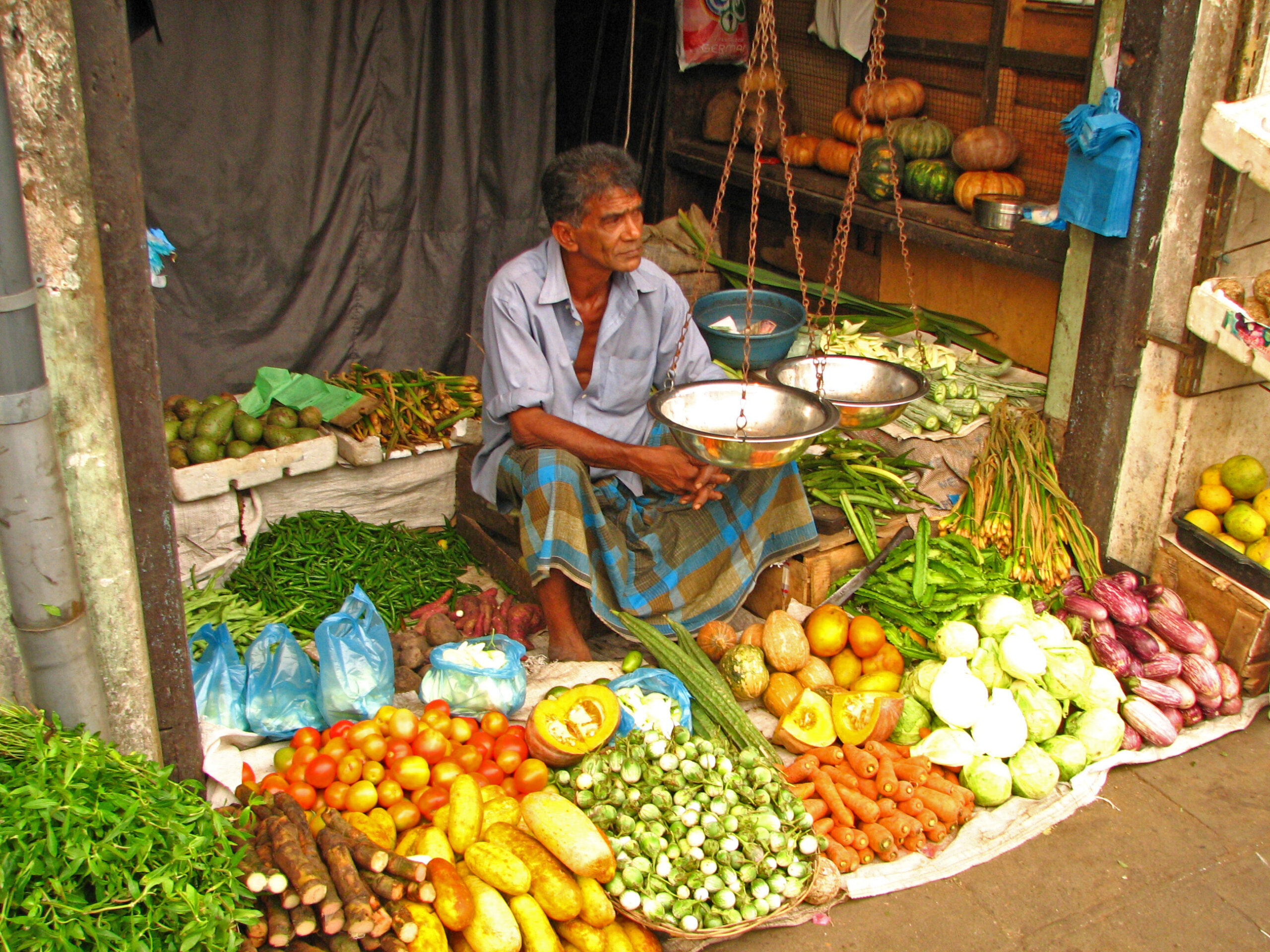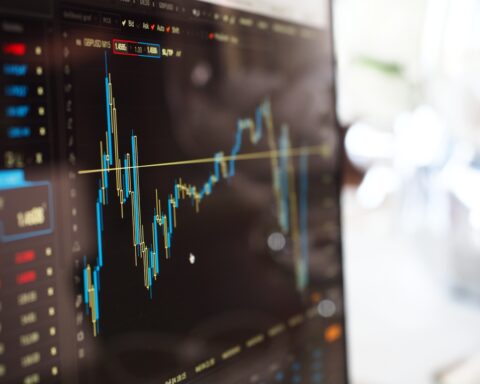COLOMBO (Parliament Politics Magazine): As depleting foreign currency reserves have hindered the import of basic everyday commodities such as cooking gas, a lone bullock cart carrying a barrel of kerosene, a symbol of life in Sri Lanka in the 1970s, has once again become a normal occurrence on the streets of the commercial capital of Sri Lanka.
Sri Lanka’s huge debt is at the basis of the problem. The government of Gotabaya Rajapaksa must service $7.3 billion in foreign debt this year or risk defaulting, a move that could damage its reputation and make it more difficult to borrow funds from international markets at reasonable rates in the future — a scenario that could result in extensive economic crash.
Foreign reserves of the country dipped to a historic low of $1.6 billion in December, as the main source of foreign exchange, income from foreign tourists, fell due to the pandemic. However, it received a major boost at the end of the year when the central bank completed a 10 billion yuan ($1.5 billion) currency swap with China.
That one-time swap won’t help the country’s reserves much, and for Colombo, the country’s largest city and commercial hub, the decision is between paying its debt and paying for imports of basic necessities.
So far, it seems that the administration is dedicated to the former, even though it means compromising the needs of its population, who are in desperate need of basic necessities such as medicines, milk powder, fuel and cooking gas.
Leaders of the Ceylon Chamber of Commerce, a powerful business organisation, urged the government earlier this month to postpone bond servicing payments and instead utilise short foreign cash to buy food and medicine for Sri Lankans.
In a statement to local media, the chairman of the industry body, Vish Govindasamy, requested the government to permit the use of forex inflows to reduce the general public’s problems in procuring necessities. And, because tourism accounts for most of the country’s foreign currency, “we cannot afford to send the world messages of food shortage in the country, it will only be counterproductive,” he cautioned.
It was stated by former chairman JD Bandaranayake that the government must focus on “mitigating hardships” and that debt payments should be rescheduled.
So far, these cries have gone unheard, with cabinet members and the central bank rushing for short-term fixes, including currency swaps like the one done in December. Analysts, however, warn that such swaps are difficult to convert into US dollars and are therefore useless for debt repayment.






